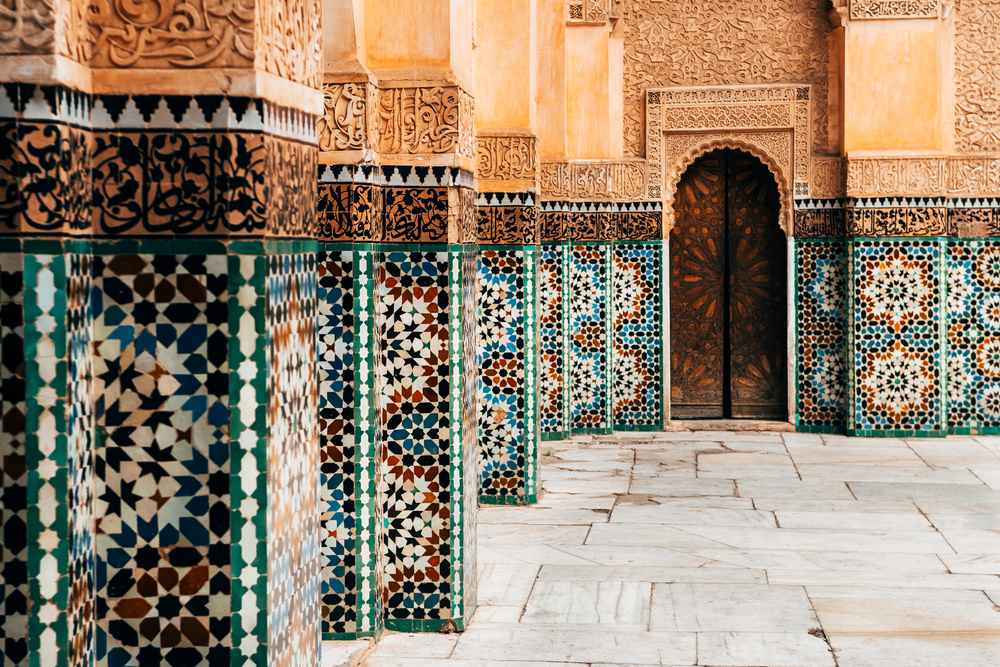Morocco, a North African gem known for its rich culture and diverse landscapes, boasts a linguistic tapestry that reflects its historical and geographical influences. With multiple official languages, Morocco offers visitors a unique opportunity to explore the nuances of communication in a multilingual society. In this article, we’ll delve into the official languages of Morocco, highlighting their significance and impact on the country’s identity.
Official Languages of Morocco
1. Arabic (Classical Arabic and Moroccan Arabic, Darija)
- Classical Arabic: Classical Arabic, also known as Modern Standard Arabic (MSA), serves as the official written language of Morocco. It is the language of education, administration, and formal communication in the country. While it is not commonly spoken in everyday life, it plays a crucial role in literature, media, and religious texts.
- Moroccan Arabic (Darija): Darija is the most widely spoken language in Morocco and serves as the lingua franca for communication among Moroccans. It is the language of daily conversation, and nearly every Moroccan is fluent in it. Darija has a unique vocabulary, grammar, and pronunciation that distinguish it from Classical Arabic.
2. Amazigh (Berber)
- Tamazight: The Amazigh language, Tamazight, is a group of related Berber languages spoken by Morocco’s indigenous Amazigh population. Tamazight holds official status alongside Arabic and is recognized as an integral part of Morocco’s cultural heritage. Efforts have been made to promote the preservation and teaching of Tamazight in schools.
3. French
- French: French is the second most widely used language in Morocco and holds significant influence, particularly in business, education, and government. It is commonly used in formal and administrative contexts, and many Moroccans are bilingual in French and Arabic. French has historical ties to Morocco during the colonial period.
4. English
- English: While not an official language, English has been gaining popularity in recent years, especially among the younger generation. English is often taught in schools and is used in the tourism industry, international business, and as a means to connect with the global community.
Significance of Multilingualism in Morocco
Morocco’s multilingualism reflects its diverse history, encompassing Arab, Berber, French, and Spanish influences. This linguistic diversity is a source of cultural richness and reflects the country’s tolerance and openness to different linguistic and cultural traditions.

The coexistence of these languages facilitates communication with various segments of society and allows Moroccans to navigate different social, cultural, and economic spheres effectively.
A List of Most Used Moroccan Arabic Words and Their English Translations
Here is a list of commonly used words in the main language in morocco . I will update it as I remember some new words :
[table id=1 /]
Moroccan Arabic, with its unique vocabulary and expressions, adds depth to the cultural experience when visiting Morocco. Learning some basic Darija phrases can enhance your interactions with locals and make your trip even more enjoyable.
Conclusion
Morocco’s linguistic diversity, with its official languages of Arabic, Amazigh, French, and the growing influence of English, offers a fascinating journey through the country’s history and culture. Whether you’re exploring the bustling souks of Marrakech, trekking in the Atlas Mountains, or savoring traditional cuisine, an understanding of Morocco’s languages adds depth to your travel experience.
